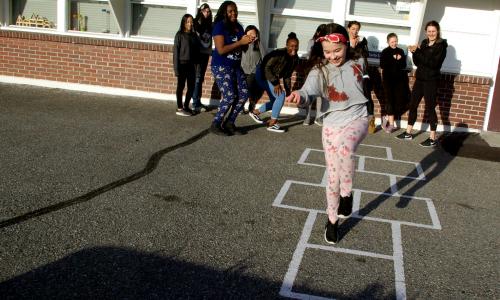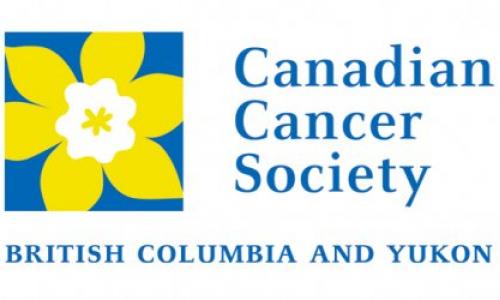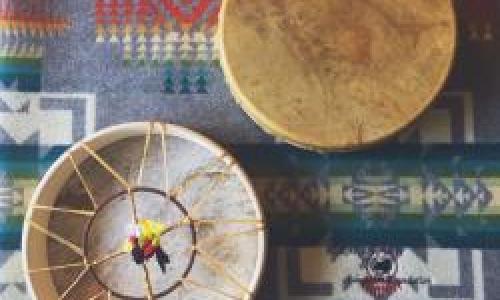
My name is Kayli, and I’m an Honours Communication student in my last semester of my degree! I also have a Minor in Business and a General Certificate in Criminology. This is also my last semester as Co-President of SFU Peak Frequency, a music club.
I am completely and utterly obsessed with books as well—I have my own mini library at home. Part of this is encouraged by my jobs at the Burnaby Public Library and Indigo Books. I am always open to giving receiving and giving book recommendations in the genres of history, political science, and media studies.
My other hobbies include listening to podcasts, and singing with my guitar/ukulele.
Two years ago, an acquaintance of mine encouraged me to check out the Honours program within Communication.
There are two options for pursuing this extended form of the CMNS Bachelors: (A) – Completing an Honours Project, much like a mini-Thesis, or (B) – taking more Upper-Division CMNS courses.
I was initially torn between the two options but ultimately was drawn toward Option B as there are so many fascinating CMNS courses to explore. Via this route, I was able to learn and write more upon topics such as big data & AI, social media & politics, and surveillance.
Even with the virtual classroom setting, I’ve still been able to befriend classmates and connect with my professors further. One course requirement mandatory to both routes of the Honours program is CMNS 362—and this is crucial for gaining experience in conducting research, interviewing participants, and structuring a formal paper.
I’ve gotten to know my current supervisor, Ahmed Al-Rawi, through taking two of his courses (CMNS 331/431), and he learned of my research interests and future aspirations to enter grad school. I have great interest in studying disinformation, news media analysis, polarization, and East Asia studies.
Since Dr. Al-Rawi is the Director of the Disinformation Project, his research also has a focus upon Canadian news media and disinformation, bots, and trolls. More recently, his projects have narrowed in upon disinformation and COVID-19.
The current project I am working on with him is finding a relation between gender and tweeted conspiracy theories. It has been deeply fascinating so far to look at these data sets and identify overarching frames.

Some opportunities for Research Assistant work are often posted under the ‘job postings’ section on the School of CMNS website, so keep an eye out for those, or the social media for SFU CMNS.
Another method may be discussing with a professor you’re comfortable with of your research interests—if they are currently working on projects/require an assistant, and are familiar with your work, there can be a potential role for you to fill! Even if you are unable to find any available opportunities currently, I encourage you to spend time reading or learning in-depth more about the sub-topics you are interested in.
Down the line, you can cultivate these ‘niches’ into potential papers if you believe an emerging topic is important; for example some researchers may currently having a growing focus in studying medical populism, vaccine nationalism, or links between radicalization and QAnon believers. Narrowing down your passions and niche areas in research may also aid you down the line in a Thesis/Dissertation topic too!
Other than the typical answer of time management, for me personally, these last few years have been crucial for me in solidifying my identity and passions.
Getting involved incredibly early on in my undergrad in school clubs was a booster to my campus social life, while simultaneously investing in the hobbies I am passionate about. I am also evidently deeply passionate about my CMNS degree and am proud of how it has given me new perspectives of world history, and news consumption.
The best part of CMNS is its intersectionality with other disciplines, such as political science, philosophy, sociology, and more—which has aided my critical thinking and understandings of current events, media, and technology. In sum, I rediscovered my passion to learn.
I am entering the MA program in Communication at SFU in September, which I am quite thrilled about! The end goal is an eventual Ph.D. in CMNS and continuing an academic career, as well as perpetual research!
It will be a long journey, but I am passionate about diving further into the sub-topics like disinformation, new media analysis, polarization, and networked activism (specifically, Hong Kong’s pro-democracy movement on an international and local scale).
This post was originally on the SFU Communications Collective Blog on March 4th, 2021.











